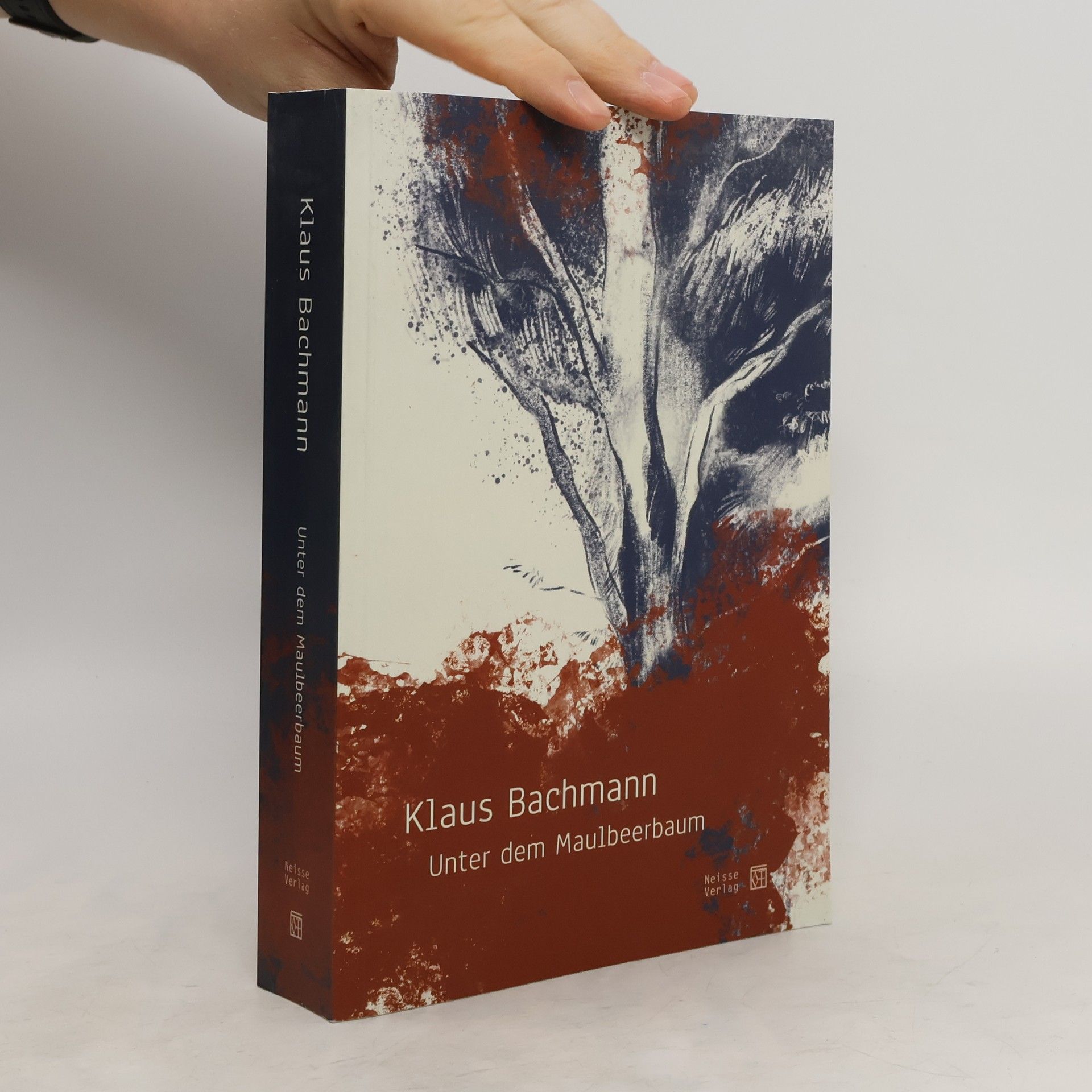The narrative explores Rwanda's rich history, beginning with the precolonial abanyiginya kingdom and continuing through German and Belgian colonization. It delves into the country's journey to independence, the tragic events of the 1994 genocide, and the subsequent efforts at reconstruction. The account extends to contemporary Rwanda, offering insights into its evolution and resilience over time.
Klaus Bachmann Libros






Every Day Life in Early Colonial Rwanda
Insights from German and Polish Sources. With cooperation of Karolina Marcinkowska, Joanna Bar and Marius Kowalak
In this volume, six experts from Europe and Africa present new insights from the field about various aspects of Germany’s colonial rule in Africa, raising doubt about the hitherto interpretations of some important events. The outbreak of violence in Rwanda 1904 was neither an anti-colonial Hutu uprising nor the result of a royal court intrigue against German rule, but instead a response to raids, the White Father missionaries had carried out against the local population. German colonialism in Rwanda was much less benevolent than it is today recalled in Rwanda, because its main edge was directed against the population in the North whose collective memory has been marginalized in the royal abanyiginya narrative, under colonial rule and after the genocide. Other chapters deal with the link between colonial boundaries and ethnic conflict and the counter-intuitive consequences of the German/Namibian settlement about colonial atrocities against the Herero and Nama.
Between 1904 and 1907, German soldiers, settlers and mercenaries committed mass murder in Africa. Can this be considered the first genocide of the 20th century? Was it a forecast of the Third Reich’s extermination policy in Central and Eastern Europe? This book provides the answer. Based on extensive archival and library research in Tanzania, Namibia, South Africa, Germany and Poland as well as on the most recent and up-to-date jurisprudence of international criminal tribunals, the renowned historian and political scientist Klaus Bachmann paints a new and surprising picture of the events and their legal significance, which many will find disturbing and provocative. It abolishes many well-established interpretations about German colonialism and its alleged links with the Third Reich and provides a new and intriguing contribution to the current post-colonial debate.
Ein preußischer Kolonialoffizier, eine linksradikale Schriftstellerin, ein polnischer Forschungsreisender und seine Frau tragen ihre Geheimnisse mit sich. Ein unsicherer Geschichtsstudent und ein Reporter versuchen, diese zu enthüllen, doch der Preis der Wahrheit ist hoch und fraglich bleibt, ob es sich um Wahrheit handelt.
DIE GEISTERFAHRER
Polen und acht Jahre PiS
n Polen ist nach acht Jahren an der Regierung die populistische PiS zwar abgewählt worden, will aber von der Macht nicht lassen. Den steinigen Weg vom PiS-Regime zur neuen, demokratischen Regierung von Donald Tusk analysiert der Warscher Politologe Klaus Bachmann in dieser Flugschrift. Seine These: „In dem allgemeinen Sektkorkenknallen und Triumphgeheul ging vollkommen unter, dass PiS zwar die Wahl verloren, aber die Macht nicht abgegeben hatte und das auch nach der Vereidigung der Regierung Tusk nicht tun würde. PiS wird an der Macht bleiben und die neue Regierung und ihre Parlamentsmehrheit mit einem wahrhaft teuflischen Dilemma konfrontieren: Wie macht man ein Land wieder demokratisch, ohne dabei gegen demokratische Grundprinzipien zu verstoßen?“